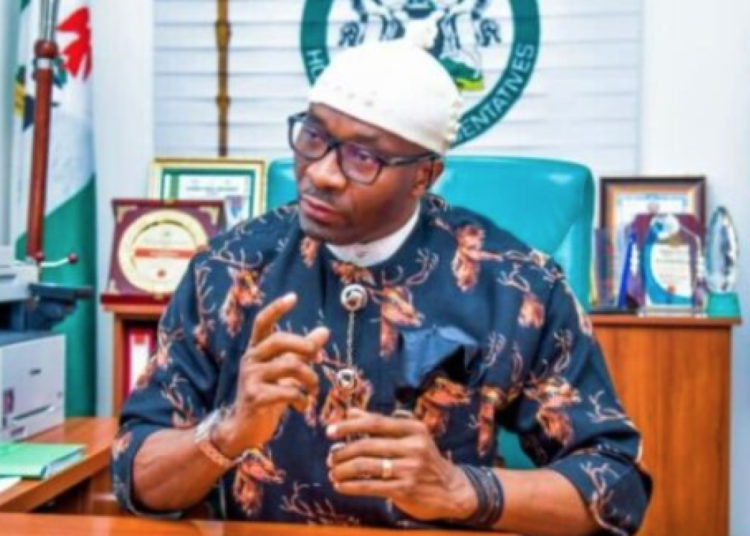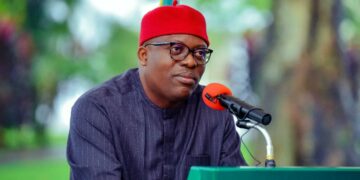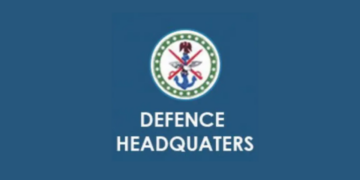Deputy Speaker of the House of Representatives, Hon. Benjamin Kalu, has said Nigeria can no longer delay the creation of state police if it hopes to tackle its security challenges effectively.
Kalu said this while speaking with journalists in Abuja on his return from Geneva, Switzerland, where he represented Nigeria at the 55th Parliamentary Conference on the World Trade Organisation/Inter-Parliamentary Union (WTO-IPU) Public Forum 2025.
The deputy speaker said Nigeria’s current centralised policing structure was inadequate and far behind global standards.
The lawmaker representing Bende federal constituency of Abia State said the only way this could be achieved is to unbundle it from its current structure.
He said: “On the state police bill that is before the parliament, we are thinking about the response time of policing in Nigeria which at the moment is below the global standard. The only way we can achieve this is if we unbundle it from the way it is centralised like what other countries are doing: Municipal police, state police, and just the constitution is clear on what is on the concurrent and exclusive lists.
“Certain subject matters will now be handled by the state police and federal police respectively if we set it up and break it down the way Nigerians want it and that’s why we are calling for the national public hearing on Monday.
“Let’s have this conversation on issues like this to know whether you want it or not, or should it be tailored in one way or the other. There may be fears of hijacking it but we cannot because of that deny the majority of Nigerians the security of lives and property that we promised them as a government.
“We should be looking at the bigger picture. Everyone in Nigeria may not be a politician but everyone needs security of lives and property. So, we are saying which one should we go for? “The greater good or the fear of the minor threat? . I think we should go for the greater good so that the good in the majority will suppress the threat in the minority.”
Kalu said Nigerians demonstrated rare patriotism and resilience by standing with President Bola Tinubu in the wake of the fuel subsidy removal and other bold economic reforms, stressing that the difficult decisions were necessary to put the country on the path of sustainable growth.
He said the Nigerians in diaspora showed keen interest in the government’s reforms and in issues of representation.
The deputy speaker also commended the state governments for helping to diversify the economy, saying it will increase job creation and boost the economic well-being of the citizens.
He urged Nigerians to stay engaged, patient, and supportive of the reforms, while also participating actively in shaping policies such as the state police bill.
Kalu disclosed that Nigeria was among the eight countries represented on the WTO/IPU steering committee, which examined how to make digital trade an engine of inclusive growth.
The lawmaker argued that for the African Continental Free Trade Agreement (AfCFTA) to succeed, digital trade must be embedded as a central pillar.
He further disclosed that Nigeria and other African delegations pressed for Afrocentric issues to feature prominently at the forthcoming WTO Ministerial Conference (MC14) scheduled for Yaoundé in March 2026.
Kalu also pushed for the passage of a bill reserving seats for women in Parliament, stressing that the exclusion of women from politics was holding back Nigeria’s democratic and economic progress.
He pointed out that issues such as child rights, women’s rights, and humanitarian concerns often carry more depth when driven by women lawmakers.




